How technology solutions help address social needs and disparities in Medicaid
- Aug 15, 2024
- 3 min read

In today's digital age, technology is not just a tool for innovation but a powerful enabler of social good. One area where technology's impact can be profoundly transformative is in the Medicaid system, where it can address the diverse social needs of millions of low-income and vulnerable populations as well as health disparities that exist within the program.
More than half of individuals enrolled in Medicaid are people of color, and around 20% are considered disabled. These groups have faced challenges within Medicaid, especially during the pandemic when they became much more evident. Innovative tech-based solutions, such as work done by the Medicaid Innovation Collaborative (MIC), can help address these disparities and health related social needs (HRSN). By integrating technological advancements, Medicaid can enhance healthcare delivery, improve patient outcomes, and streamline administrative processes.
Addressing the health disparities and social needs in Medicaid
Between 80% and 90% of health outcomes are due to social determinants of health (SDOH), which are non-medical factors such as socioeconomic conditions, environmental factors, race, ethnicity, language, sexual orientation and gender identification. These factors contribute to health inequities and assumptions by providers, which shows the need to further address the social needs of Medicaid recipients.
It has become a priority for state and federal policymakers to address the social needs of Medicaid recipients over recent years. This can be accomplished through the use of technology solutions in Medicaid - ones that put the patient as the focus of the healthcare experience.
Why use technology-based solutions?
Technology has the power to improve the lives of many individuals, making the things we do each day easier and more efficient. Effective and strategic programs and tools have the potential to address the social needs and health inequities of vulnerable populations receiving Medicaid services. Here are a few ways that technology solutions can improve the healthcare experience for millions of people.
Building trust through an understanding of the patient
Data analytics can help provide a more in-depth understanding of an individuals’ social needs through the collection and analysis of data about their gender, race, language, sexual orientation, etc. This helps healthcare organizations learn about and identify possible disparities so that they can adjust to meet the needs of specific individuals.
Fulfilling nutritional needs to patients
Tech-enabled solutions have the ability to provide access to more nutritional food options as well as educational services to Medicaid recipients. If these individuals are not able to pick up these products, there are home-delivery services available to ensure patients receive the required supplements and nutrition.
Easier access of records and resources
Many Americans use their smartphones to access what they need on a daily basis, including information about their healthcare services. These digital programs can be in the form of applications that allow easy access to health records, and even text message reminders of appointments and information about medications. In addition, these digital solutions can help inform patients about the resources and services available to them, as well as guidance on how to access them.
The digital divide for many Medicaid recipients is being addressed by government programs, which should help improve the accessibility of stable internet access.
Automation of administrative tasks
Using AI in healthcare should be done proactively, with the knowledge of the needed safety practices with this type of technology at the forefront. However, utilizing automation technology can help streamline administrative tasks to leave time to improve the overall experience of healthcare delivery.
The integration of technology into the Medicaid system holds immense potential for addressing social needs and improving healthcare delivery. As technology continues to evolve, its strategic application within Medicaid can lead to a more equitable and efficient healthcare system.
Sedna recently attended the Medicaid Enterprise Systems Community (MESC) conference where we shared our expertise on Medicaid technology services. Visit our LinkedIn to stay up to date on our latest insights.
Sources:





Comments